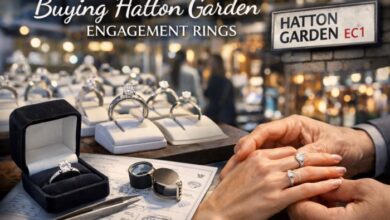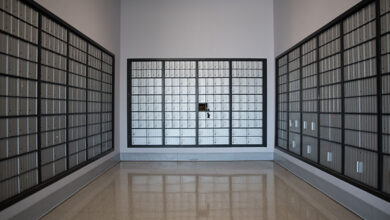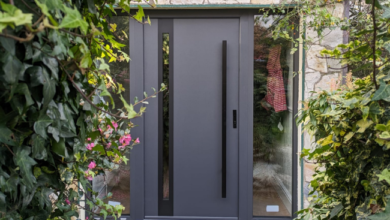Matching Thobes for Fathers, Sons, and Family Gatherings

Family is at the heart of many traditions, and clothing often plays a special role in marking these bonds. For British Muslims, the thobe is more than just everyday wear; it is a garment that reflects faith, modesty, and cultural identity. Over the years, matching thobes have become a thoughtful way to celebrate unity within the family. Fathers and sons wearing the same colour and style, or uncles and nephews coordinating for an event, creates a sense of connection that goes beyond words.
Why Families Choose Matching Thobes
The idea of matching outfits is not new, but for many households it takes on a deeper meaning when applied to Islamic clothing. A father and son dressed in the same thobe can express shared values and a continuation of tradition. Uncles and nephews often join in as well, particularly during Eid prayers, nikahs, and family gatherings.
It is also practical. Families attending large events or visiting relatives together can easily coordinate without the worry of mixing formal with casual wear. Thobes are versatile, modest, and comfortable, which makes them suitable for both daily prayers and more festive occasions. Matching designs add an extra touch of celebration.
Occasions for Matching Thobes
While some families enjoy wearing similar thobes on a regular Friday, it is more common to see matching sets during:
- Eid al-Fitr and Eid al-Adha: Families often prepare new clothes for these days, and matching thobes bring a collective sense of joy to prayers and celebrations.
- Nikahs and weddings: Coordinated thobes can set the tone for a special day. Grooms may wear a luxury thobe while close relatives match in complementary colours.
- Family portraits: Many households take photographs during holidays or milestone events. Matching thobes create a timeless look in these pictures.
- Community gatherings: At mosque events or charity dinners, families wearing similar thobes stand out in a respectful and dignified way.
Styles and Colours to Consider
Matching thobes do not always mean identical garments. Some families prefer the exact same cut and colour, while others choose variations within a theme. For example:
- Classic white thobes are a favourite for prayers and Eid mornings. Fathers and sons wearing crisp white together reflects simplicity and purity.
- Neutral shades like cream, grey, camel, and brown work well for extended families who want to coordinate without looking too formal.
- Deeper colours such as navy, black, or forest green bring a smart edge to weddings or evening events.
- Detail variations such as embroidery, button fronts, or tassels allow each person to show individual taste while still matching in overall look.
For boys’ thobes, comfort is especially important. Lightweight fabrics, half sleeves, and easy fastenings help younger children feel relaxed while still looking in tune with their fathers or uncles.
The Meaning Behind Matching
Beyond fashion, wearing matching thobes creates memories. A son may look back on photographs of himself in the same thobe as his father and remember the closeness of that time. Families who dress in harmony often feel a sense of belonging that strengthens ties between generations.
For uncles and nephews, matching thobes can reinforce bonds of respect and guidance. They act as a visual reminder of shared heritage and the importance of family support in a child’s upbringing.
Where to Find Matching Thobes
Today, many UK retailers and online stores such as Thobez recognise the demand for family sets. Some collections include adult and children’s thobes in the same fabric and cut, while others offer a wide range of colours that make coordination simple. Shoppers can find options suitable for everyday wear as well as luxury styles for Eid and weddings.
Final Thoughts
Matching thobes are more than coordinated clothing. They represent unity, love, and the passing on of traditions. For fathers and sons, uncles and nephews, or entire families, wearing the same style creates moments that last long after the event has ended. It is a way to celebrate identity while strengthening bonds that matter most.



